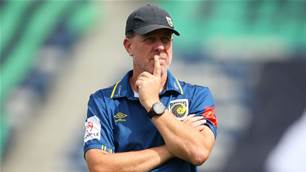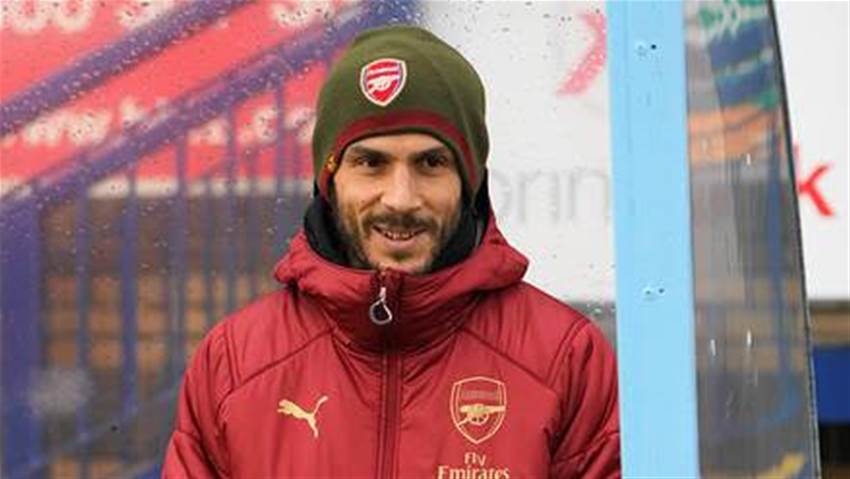Aaron D’Antino is fast gaining a reputation as one of the best young Australian coaches in world football.
“As part of completing my UEFA badges I’ve fortunately been exposed to England’s coaching curriculum and the differences between country designs.
“Here in England the curriculum is less process-driven and there’s a level of understanding that students already hold a mid-level coaching/football education.
So methods are more about challenging one’s existing coaching practices.
“In contrast, when I was completing my badges in Australia the curriculum was significantly more process-driven, designed around educating and delivering a particular type of coaching process.
"These differences have been beneficial however - the Australian education strongly compliments my methods applied here in England.”
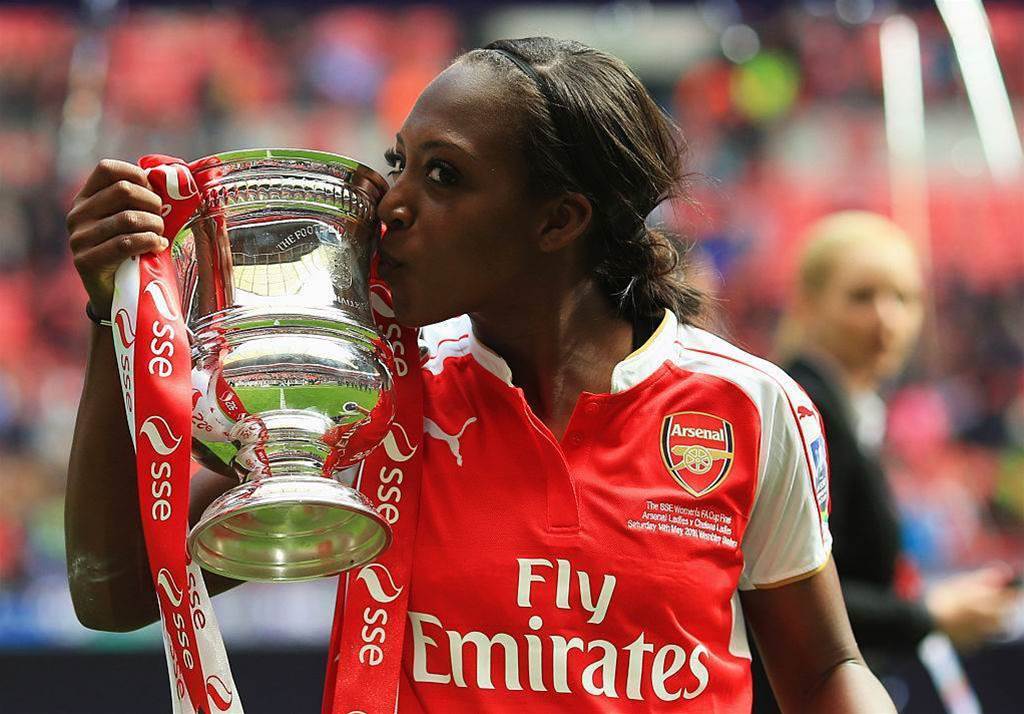
D’Antino wasn’t entirely sure what Australian football needs to do to make our future stars of the game better and able to compete on the world stage.
However, he did observe that a cultural shift could be the key, or simply a re-engineering of what has happened in the past.
“I feel that culturally, Australia’s sporting landscape is highly varied," he said.
"But in many countries abroad children are born with a football at their feet and spend an invaluable amount of time playing on the street.
“I feel the challenges are complex but do simmer down to the structures that guide and support our youth development.
"For me, they need to be training and competing against the best, in the most challenging environment, repeatedly.
"What format that looks like I’m unsure, but we have to reflect upon and refine what seems to have worked well for Australian youth football in the past.”
For now D’Antino is enjoying life in North London and with his Arsenal team currently sitting on top of the ladder it has been an enjoyable Christmas break.
However, with Manchester City and Sam Kerr’s Chelsea breathing down their neck, he will be back in the dugout honing his craft soon enough, and hopefully Australian football benefits from this one day.
Related Articles
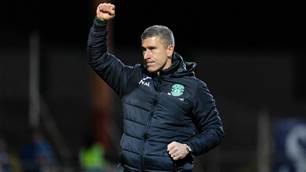
Champion A-League coach set to join Premier League giants
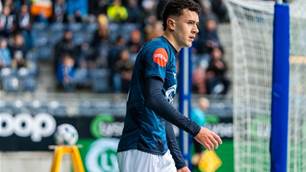
Emerging Socceroos star set to sign for MLS club
